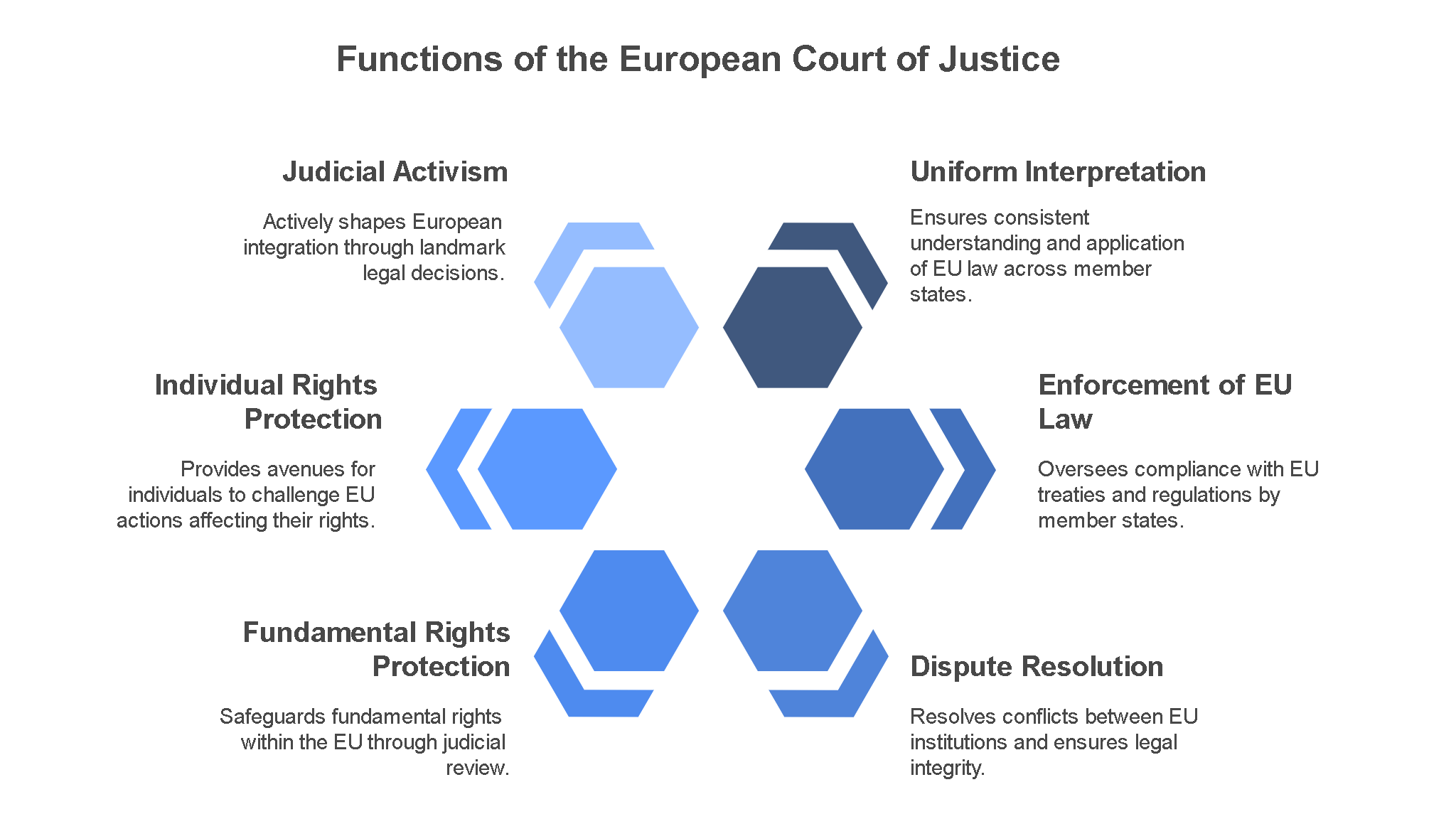Aristotle (384–322 BCE), the student of Plato and teacher of Alexander the Great, made significant contributions to political philosophy, particularly in his seminal work Politics. Unlike Plato, who often speculated on ideal forms and abstract models, Aristotle was deeply empirical and grounded in observation and practical reasoning. His views on property, family, and slavery reflect his broader concerns with ethics, social order, and the functioning of the polis (city-state). These concepts are interlinked in his political theory, forming the foundation of his ideal state. This essay explores each of these aspects in turn.
1. Aristotle’s Views on Property
Aristotle’s stance on property marks a departure from the collectivist tendencies of Plato’s Republic. While Plato suggested the abolition of private property for the guardian class, Aristotle defended the institution of private property as natural and beneficial.
- Justification of Private Property: Aristotle argues in Politics (Book II) that private property promotes responsibility, industry, and virtue. People take better care of what belongs to them, leading to efficiency and motivation for work.
- Moral Use of Property: Though he supports private ownership, Aristotle insists on the communal use of property. He suggests that property should be used in a way that benefits the community, aligning with his belief in the golden mean—a balance between extremes.
- Critique of Communism: Aristotle criticizes Plato’s idea of common ownership, arguing that it would lead to conflict, neglect, and discontent. He observes that what is common to all is taken care of by none.
“It is clearly better that property should be private, but the use of it common.” – Politics, Book II
In modern political philosophy, this reflects an early formulation of the principle of ethical individualism tempered by social responsibility.
2. Aristotle’s Views on Family
Aristotle considers the family (or oikos) to be the most basic and essential unit of the state. He presents a natural and hierarchical view of the household, which comprises master and slave, husband and wife, and parent and child.
- Family as a Natural Institution: Aristotle views the family as the first association formed to meet daily needs. As needs grow, families form villages, and eventually the state. Thus, the family is the cornerstone of social and political life.
- Functions of the Family: The family performs key functions, including reproduction, education of children, and provision of basic economic needs.
- Paternal Authority: The father or male head of the household holds authority over its members. Aristotle’s views reflect the patriarchal structure of ancient Greek society.
Aristotle believed the family was vital in inculcating virtues, maintaining social order, and ensuring the moral upbringing of future citizens. However, his hierarchical view of familial relations has been criticized by modern scholars as patriarchal and regressive.
3. Aristotle’s Views on Slavery
Perhaps the most controversial aspect of Aristotle’s political thought is his justification of slavery. In Politics (Book I), Aristotle argues that some people are “slaves by nature”, which has drawn extensive criticism from later thinkers and scholars.
- Natural Slavery: Aristotle distinguishes between natural and conventional slavery. A “natural slave” is someone who lacks the rational capacity for self-rule and is better off being ruled by another. According to him, such individuals serve both their own interests and those of their masters when enslaved.
- Instrumental Role: Slaves are viewed as “living tools” (organon), necessary for the functioning of the household and economic life. Their labor allows citizens to pursue higher callings like philosophy and politics.
- Criticism and Contradiction: Despite this theoretical defense, Aristotle also acknowledges the problems of actual slavery in practice. He admits that many people who are slaves by law are not slaves by nature, thus undermining his own argument.
“For he who is able to be the property of another… is by nature a slave.” – Politics, Book I
This view is now seen as deeply flawed and ethically unacceptable. It reflects the limitations of ancient Greek society and the prevailing norms of the time.
Grammar Tip: “Its” vs. “It’s”
- Its (without an apostrophe) is a possessive pronoun: The family has its roots in nature.
- It’s (with an apostrophe) is a contraction for it is: It’s essential to understand Aristotle’s context.
Vocabulary Perks
- Hierarchical: (adj.) Arranged in order of rank.
Example: Aristotle’s view of the family is hierarchical. - Patriarchal: (adj.) Relating to a system controlled by men.
Example: His political philosophy reflects a patriarchal order. - Communal: (adj.) Shared by all members of a community.
Example: He promoted communal use of private property. - Instrumental: (adj.) Serving as a means to an end.
Example: Slaves were seen as instrumental to the functioning of the household.
Conclusion
Aristotle’s views on property, family, and slavery reveal his efforts to construct a stable and virtuous political community. His belief in private property, natural family structures, and even the controversial acceptance of slavery stem from his desire for a well-ordered and self-sufficient polis. While some of his views, particularly on slavery and gender roles, are considered outdated and ethically problematic today, they remain crucial for understanding the historical foundations of Western political thought. His writings invite critical engagement with the ideas of justice, equality, and social structure—questions that remain as relevant today as they were in ancient Greece.



Leave a Reply